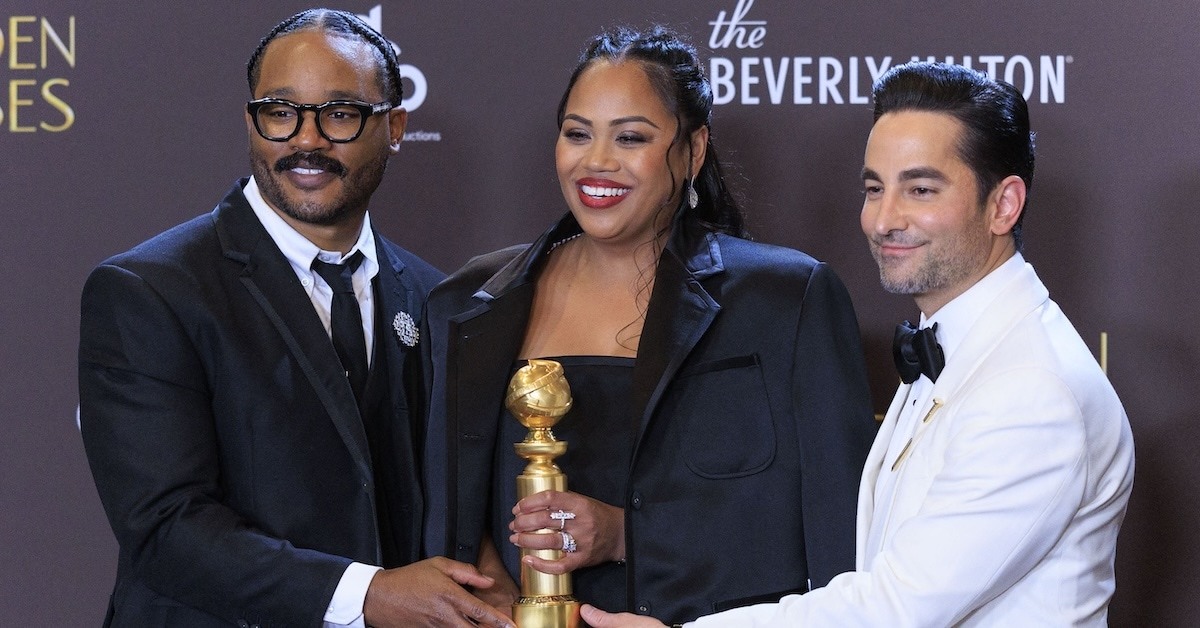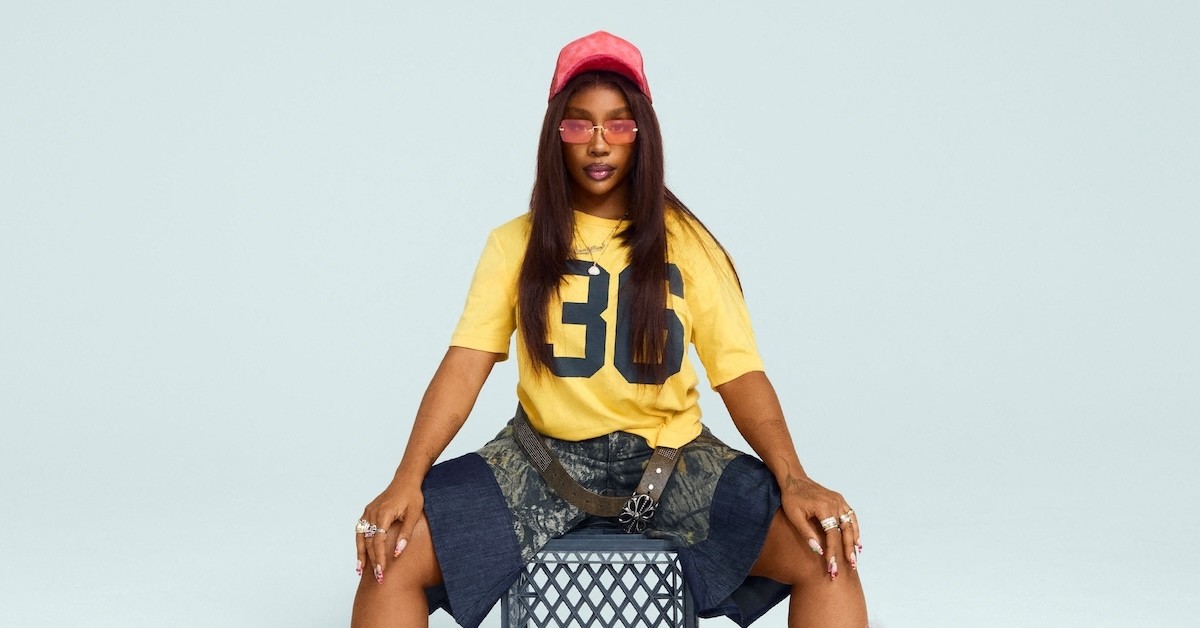BY: Denver Sean
Published 3 years ago

If you thought A.I. was just for art, writing, and music — think again.
The future of healthcare is shaping up to be a little more automated…and accurate.
via Gizmodo:
A study published in JAMA Internal Medicine Friday examined questions from patients and found that ChatGPT provided better answers than human doctors four out of five times. A panel of medical professionals evaluated the exchanges, and preferred the AI’s response in 79% of cases. ChatGPT didn’t just provide higher quality answers, the panel concluded the AI was more empathetic, too. It’s a finding that could have major implications for the future of healthcare.
“There’s one area in public health where there’s more need than ever before, and that is people seeking medical advice. Doctor’s inboxes are filled to the brim after this transition to virtual care because of COVID-19,” said the study’s lead author, John W. Ayers, PhD, MA, vice chief of innovation in the UC San Diego School of Medicine Division of Infectious Diseases and Global Public Health.
“Patient emails go unanswered or get poor responses, and providers get burnout and leave their jobs. With that in mind, I thought ‘How can I help in this scenario?’” Ayers said. “So we got this basket of real patient questions and real physician responses, and compared them with ChatGPT. When we did, ChatGPT won in a landslide.”
Questions from patients are hard to come by, but Ayers’s team found a novel solution. The study pulled from Reddit’s r/AskDocs, where doctors with verified credentials answer users’ medical questions. The study randomly collected 195 questions and answers, and then had ChatGPT answer the same questions. A panel of licensed healthcare professionals with backgrounds in internal medicine evaluated the exchanges. The panel first chose which response was they thought was better, and then evaluated both the quality of the answers and the empathy or bedside manner provided.
The results were dramatic. ChatGPT’s answers were rated “good” or “very good” more than three times more often than doctors’ responses. The AI was rated “empathetic” or “very empathetic” almost 10 times more often.
The study’s authors say their work isn’t an argument in favor of ChatGPT over other AI tools, and they say that we don’t know enough about the risks and benefits for doctors to start using chatbots just yet.
“For some patients, this could save their lives,” Ayers said. For example, if you’re diagnosed with heart failure, it’s likely you’ll die within five years. “But we also know your likelihood of survival is higher if you have a high degree of compliance to clinical advice, such as restricting salt intake and taking your prescriptions. In that scenario, messages could help ensure compliance to that advice.”
The study says the medical community needs to move with caution. AI is progressing at an astonishing rate, and as the technology advances, so do the potential harms.
“The results are fascinating, if not all that surprising, and will certainly spur further much-needed research,” said Steven Lin, MD, executive director of the Stanford Healthcare AI Applied Research Team. However, Lin stressed that the JAMA study is far from definitive. For example, exchanged on Reddit don’t reflect the typical doctor-patient relationship in a clinical setting, and doctors with no therapeutic relationship with a patient have no particular reason to be empathetic or personalized in their responses. The results may also be skewed because the methodology for judging quality and empathy were simplistic, among other caveats.
Still, Lin said the study is encouraging, and highlights the enormous opportunity that chatbots pose for public health.
“There is tremendous potential for chatbots to assist clinicians when messaging with patients, by drafting a message based on a patient’s query for physicians or other clinical team members to edit,” said “The silent tsunami of patient messages flooding physicians’ inboxes is a very real, devastating problem.”
A.I. is truly about to change the way we do everything. We hope you’re ready, love muffins.










